H.R. 5867: Plant-Powered School Meals Pilot Act
This bill, known as the Plant-Powered School Meals Pilot Act, aims to enhance school meal programs by providing 100% plant-based food options to students. Here’s a breakdown of its main components:
Establishment of a Grant Program
The bill establishes a pilot grant program that will be overseen by the Secretary of Agriculture. The purpose of this program is to award grants to eligible school food authorities, allowing them to implement initiatives involving plant-based food options. Key aspects include:
- Grant Duration: Grants will last for a term of three years.
- Funding Amounts: The Secretary will provide grants of varying amounts to support various activities specified in the bill.
Eligibility Criteria
To qualify for a grant, school food authorities must submit applications that include:
- A participatory evaluation plan.
- A plan for providing culturally appropriate meals.
Priority for funding will be given to authorities that:
- Serve mostly children eligible for free or reduced-price meals.
- Collaborate with community organizations, agricultural producers, and others.
- Incorporate related education activities in classrooms.
- Use organically produced plant-based options.
Allowed Uses of Grant Funds
Grant funds can be utilized for several activities, including:
- Contracting training for food service personnel on plant-based options.
- Compensating employees for participating in professional development.
- Providing technical assistance and student education about plant-based options.
- Covering costs to procure foods from agricultural producers of plant-based items.
Reporting Requirements
Schools must maintain records of the plant-based options served and submit reports annually on their programs. Reports must include:
- The number of plant-based meals served.
- The total number of schools and students involved.
- A detailed account of how grant funds were spent.
The Secretary of Agriculture will also compile and submit reports to Congress summarizing the findings from all participating school food authorities.
Funding Authorization
The bill authorizes an appropriation of $10 million for fiscal year 2026 to carry out the pilot program, with funding available until fiscal year 2030.
Definitions and Accommodations
The bill includes definitions for key terms, such as:
- 100% plant-based food option: Refers to meals that do not contain any animal products.
- Eligible school food authority: An authority serving a large percentage of students eligible for free or reduced lunch.
The bill also amends existing regulations related to accommodating dietary needs, ensuring that students with disabilities or other dietary requirements can receive appropriate substitutes for traditional milk, including nondairy options.
Overall, the Plant-Powered School Meals Pilot Act proposes a structured approach to increasing plant-based food options in school meal programs while emphasizing collaboration with community resources and educational initiatives.
Relevant Companies
- TSN - Tyson Foods, a large manufacturer of poultry and meat products, may be impacted as schools shift toward plant-based options, potentially affecting their market share.
- CPF - Charoen Pokphand Foods, a major player in global food production, could face changes in demand dynamics due to increased focus on plant-based alternatives.
This is an AI-generated summary of the bill text. There may be mistakes.
Sponsors
16 bill sponsors
-
TrackNydia M. Velázquez
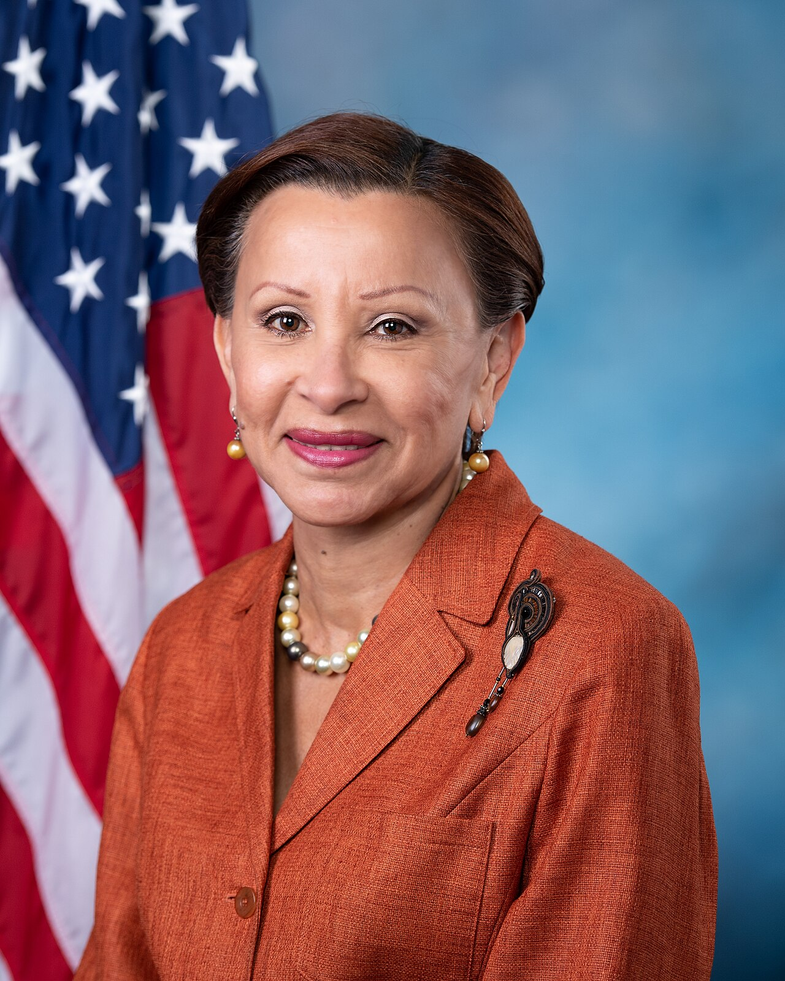
Sponsor
-
TrackAlma S. Adams
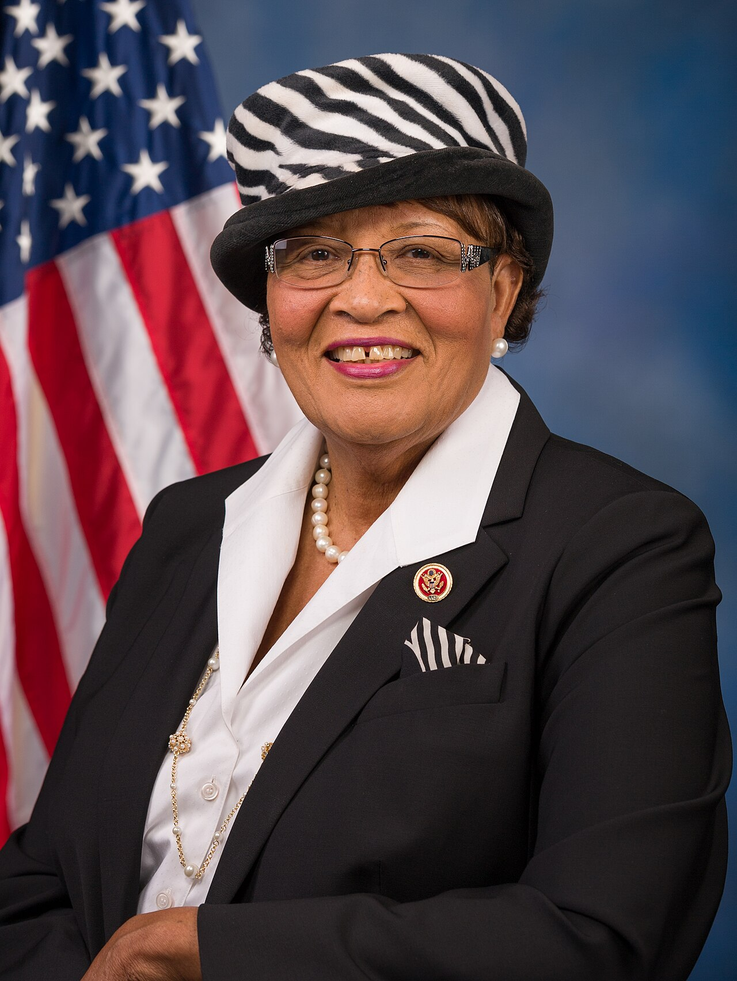
Co-Sponsor
-
TrackJulia Brownley
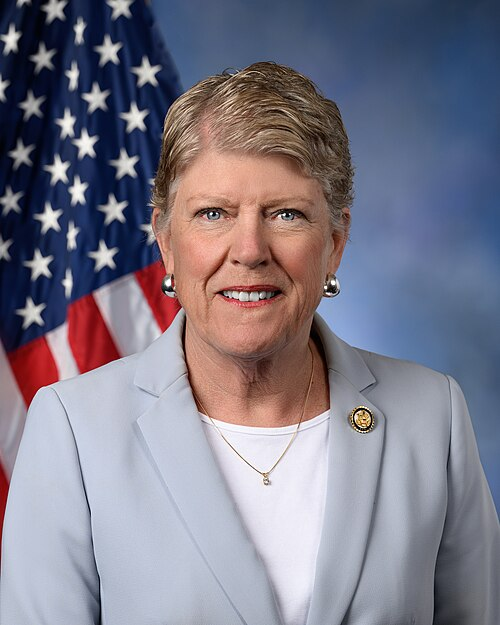
Co-Sponsor
-
TrackAndré Carson

Co-Sponsor
-
TrackJudy Chu
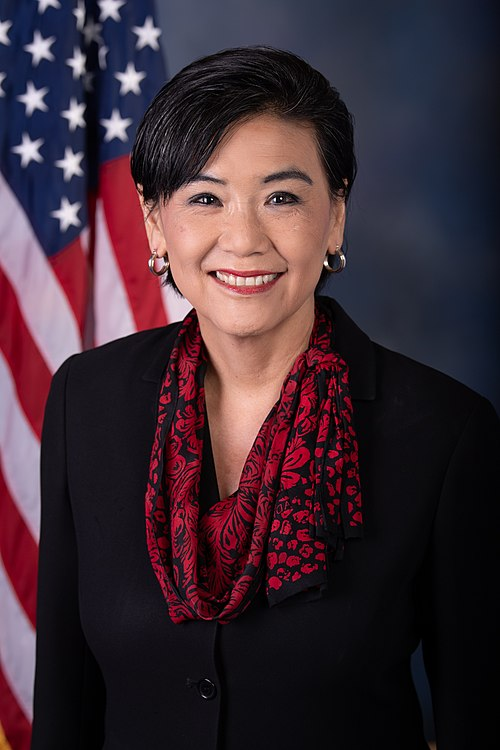
Co-Sponsor
-
TrackLloyd Doggett

Co-Sponsor
-
TrackVeronica Escobar
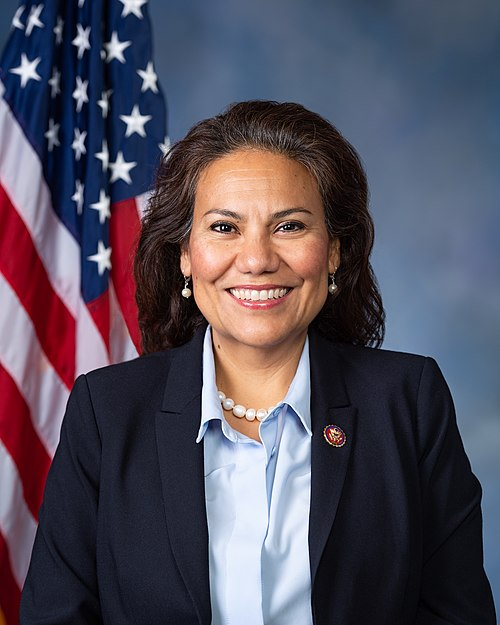
Co-Sponsor
-
TrackDwight Evans

Co-Sponsor
-
TrackLaura Friedman
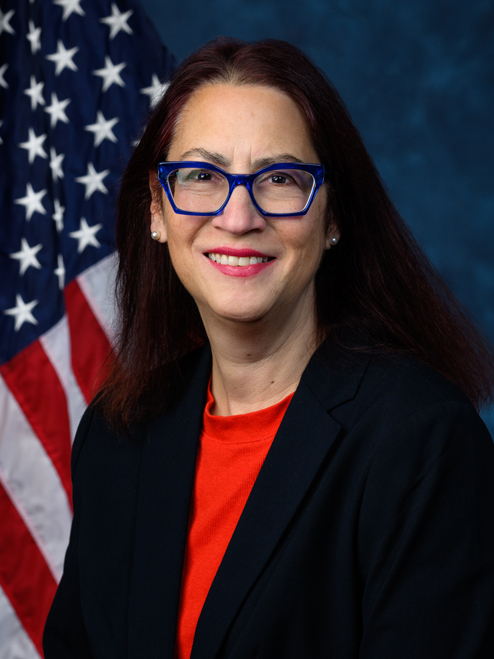
Co-Sponsor
-
TrackHenry C. "Hank" Johnson, Jr.

Co-Sponsor
-
TrackTed Lieu
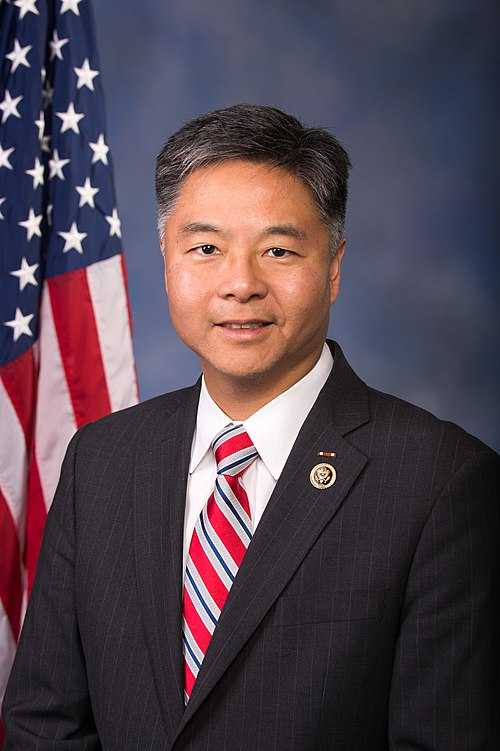
Co-Sponsor
-
TrackLucy McBath
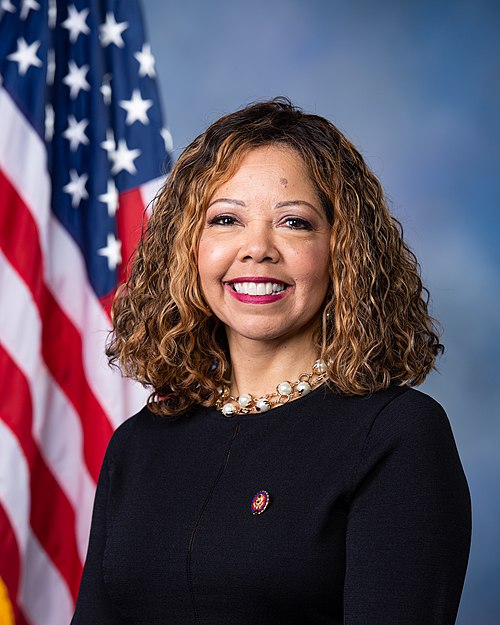
Co-Sponsor
-
TrackEleanor Holmes Norton

Co-Sponsor
-
TrackLateefah Simon

Co-Sponsor
-
TrackSuhas Subramanyam
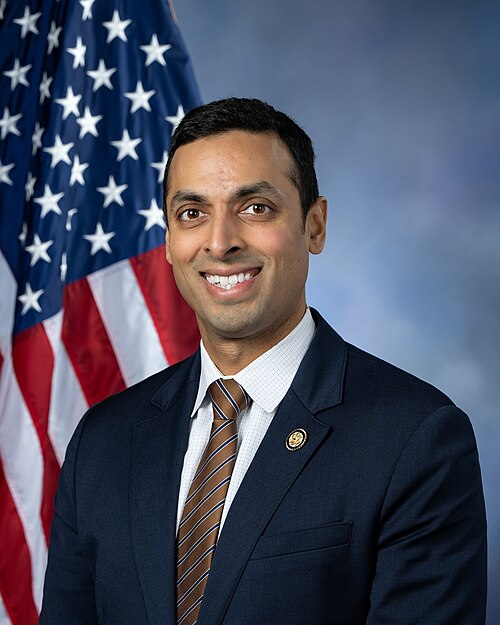
Co-Sponsor
-
TrackBonnie Watson Coleman
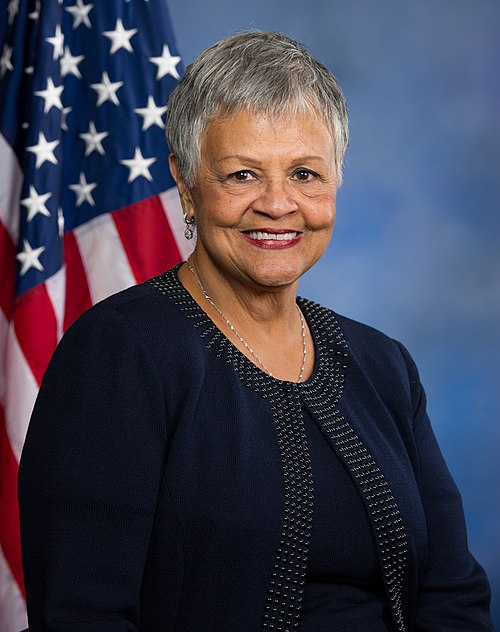
Co-Sponsor
Actions
2 actions
| Date | Action |
|---|---|
| Oct. 28, 2025 | Introduced in House |
| Oct. 28, 2025 | Referred to the House Committee on Education and Workforce. |
Corporate Lobbying
0 companies lobbying
None found.
* Note that there can be significant delays in lobbying disclosures, and our data may be incomplete.



